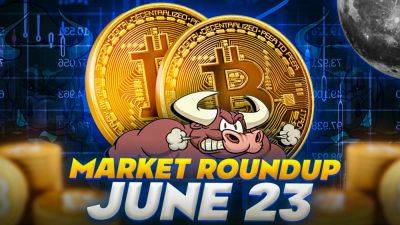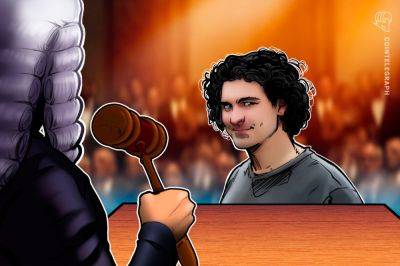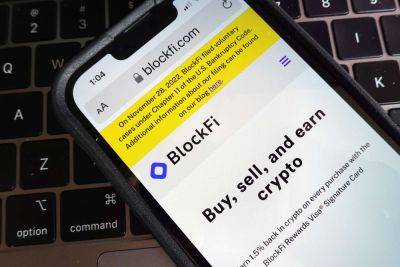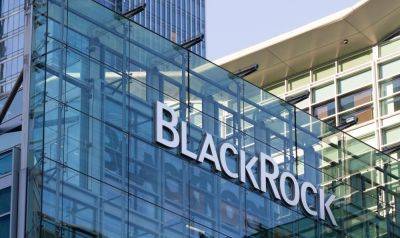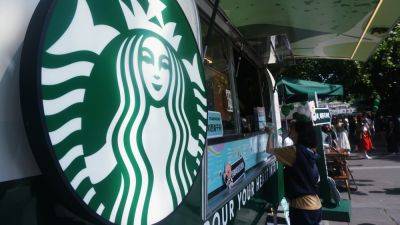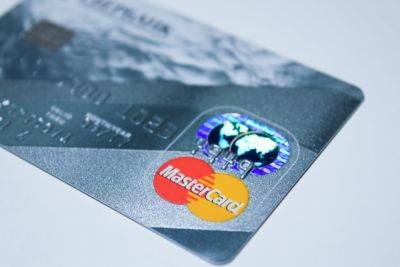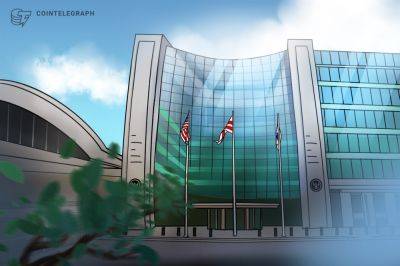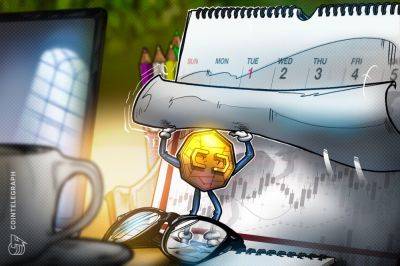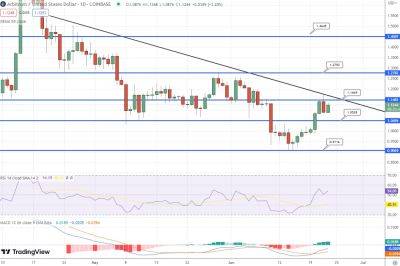UK borrowing rates close in on last year's 'mini-budget' crisis levels
LONDON — U.K. borrowing costs are nearing levels not seen since the throes of the bond market crisis triggered by former Prime Minister Liz Truss' disastrous mini-budget.
New data on Wednesday showed that the U.K. consumer price inflation rate fell by less than expected in April. The annual consumer price index dropped from 10.1% in March to 8.7% in April, well above consensus estimates and the Bank of England's forecast of 8.4%.
With inflation continuing to prove stickier than the government and the central bank had hoped, now almost double the comparable rate in the U.S. and considerably higher than in Europe, traders increased bets that interest rates will need to be hiked further in order to curtail price rises.
Most notably, core inflation — which excludes volatile energy, food, alcohol and tobacco prices — came in at 6.8% in the 12 months to April, up from 6.2% in March, adding to the Bank of England's concerns about inflation becoming entrenched.
Strategists at BNP Paribas said in a note Wednesday that the «broad-based strength» in the U.K. inflation print makes a 25 basis point hike to interest rates at the Bank's June meeting a «done deal,» and raised their terminal rate forecast from 4.75% to 5%.
They added that the «sustained strength of inflation and potential concerns around second-round effects are likely to persist, prompting another 25bp hike in August.»
The Bank of England hiked rates for the 12th consecutive meeting earlier this month, taking the main bank rate to 4.5% as the Monetary Policy Committee reiterated its commitment to taming stubbornly high inflation. The benchmark rate helps price a whole range of mortgages and loans across the country, impacting borrowing costs for citizens.
This
Read more on cnbc.com



